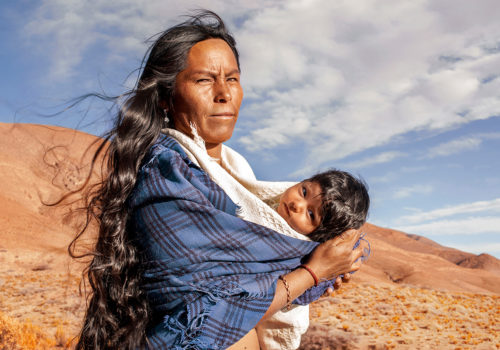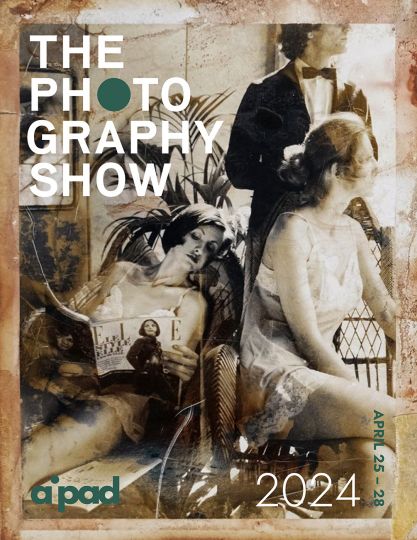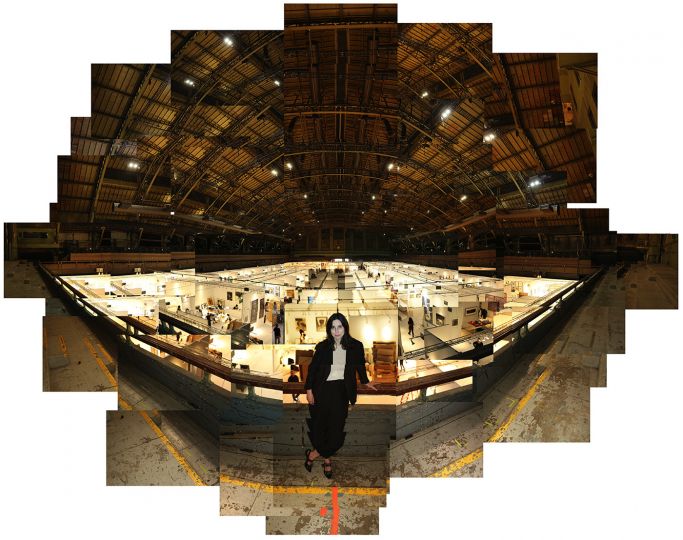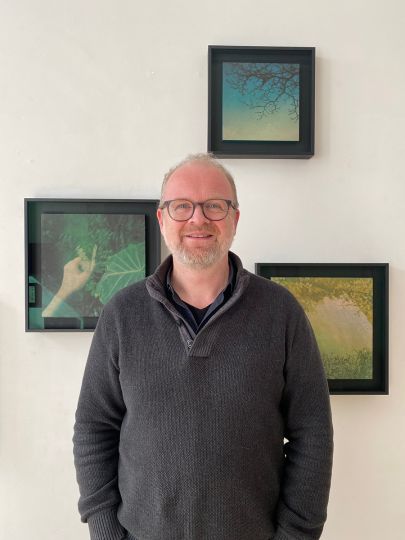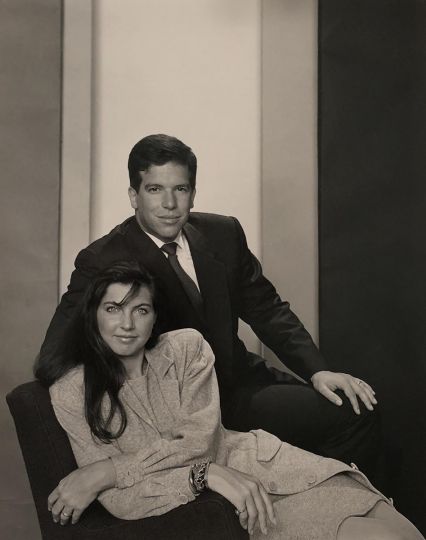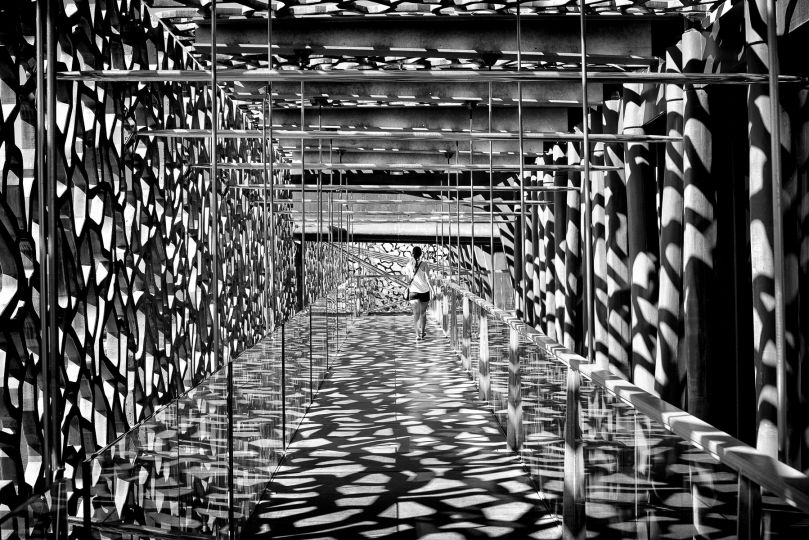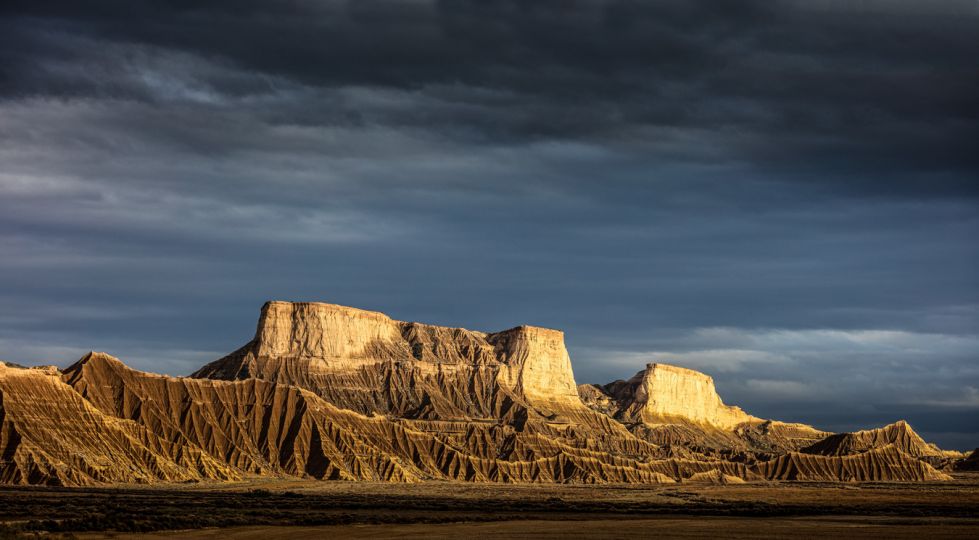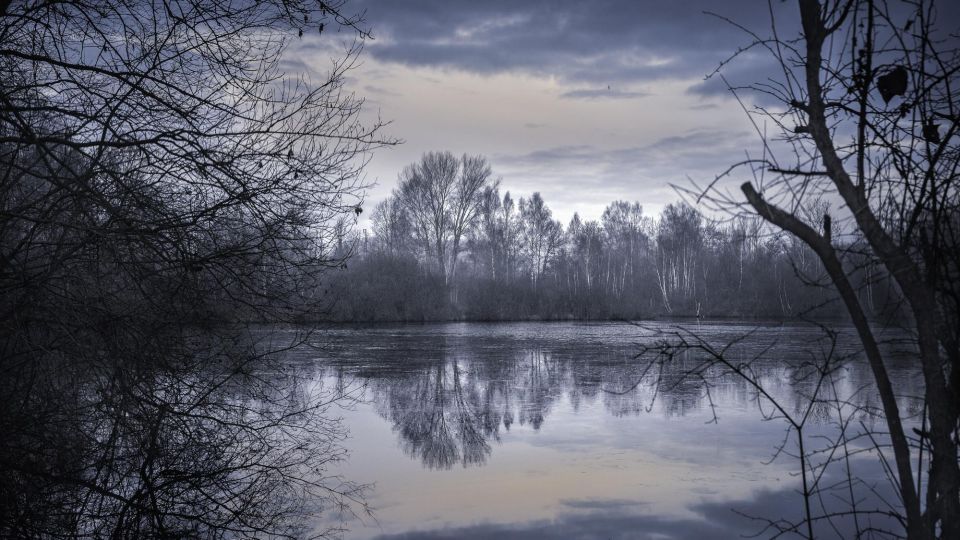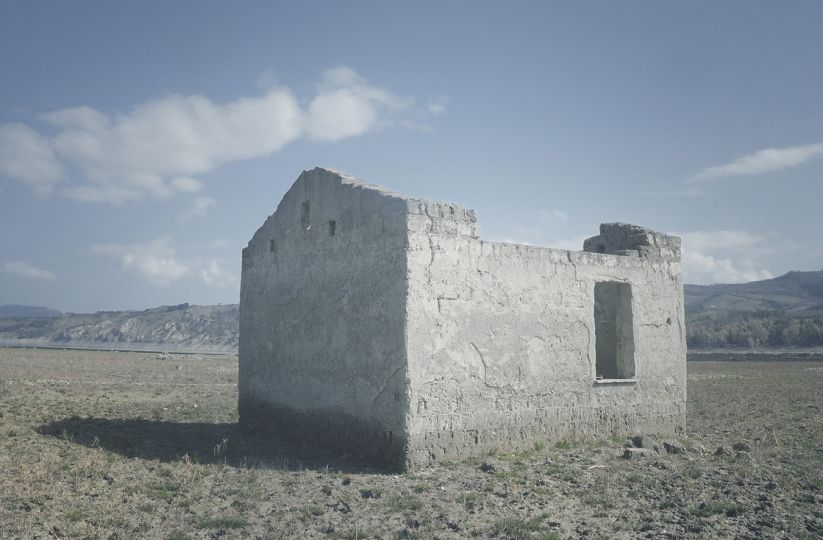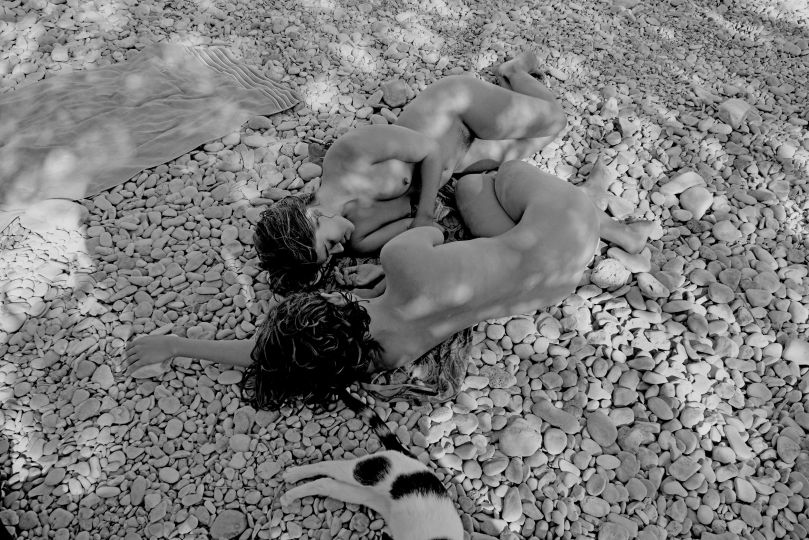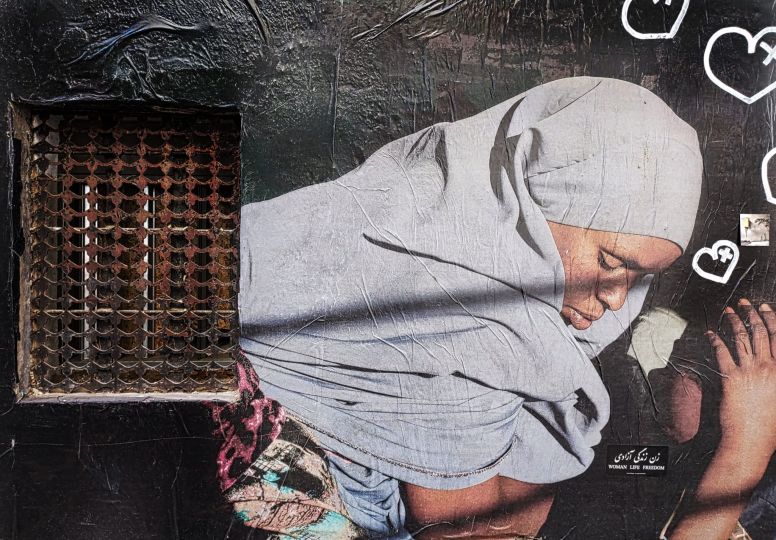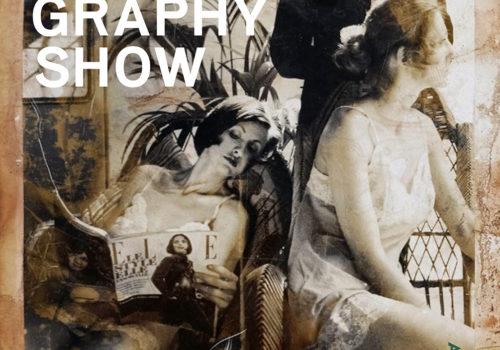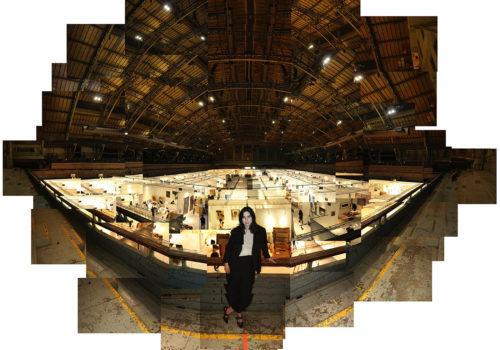Warmi (Woman)
Argentine writer Héctor Tizón, described the feeling of being in the Andean Altiplano rather effectively: “Here the earth is hard and sterile, and the sky is closer than anywhere else. In this land, where it is hard to breathe, people depend on many gods”. Most of all, the Andean community relies on women (warmi, in Quechua) and worship Pachamama, supreme goddess and universal Earth Mother. A woman, life itself, Pachamama embodies all the core values that define the essence of Andean Cosmovision — a point of convergence between religious and social beliefs, and the philosophical foundation of the rights of nature. Cosmovision advocates the sacred link that connects humans to the universe, fosters gender equality and embeds a strong set of woman-centered values that celebrate femininity.
Not surprisingly, the Altiplano’s society is regulated since the pre-Columbian era by an evolving matriarchal system that remarkably anticipates the current wave of feminist values that is reshaping most societies around the world. By investigating the link between ancestral and contemporary feminism in Argentina’s Altiplano, AHICITO NOMAS provides a vibrant insight into one of the planet’s earliest matriarchal systems and its evolution to date. Based on its cultural heritage, the community of this region has shaped an increasingly egalitarian society.
WARMI (Woman, in Quechua), one of the three series comprising AHÍCITO NOMÁS, portrays inspiring matriarchs, single mothers, teachers, LGBT activists, traditional healers and violence survivors. In different ways, all empowered women who, through their personal stories, reveal a multifaceted, resilient society where ancestral and contemporary feminism meet to make a difference.
Marco Vernaschi

